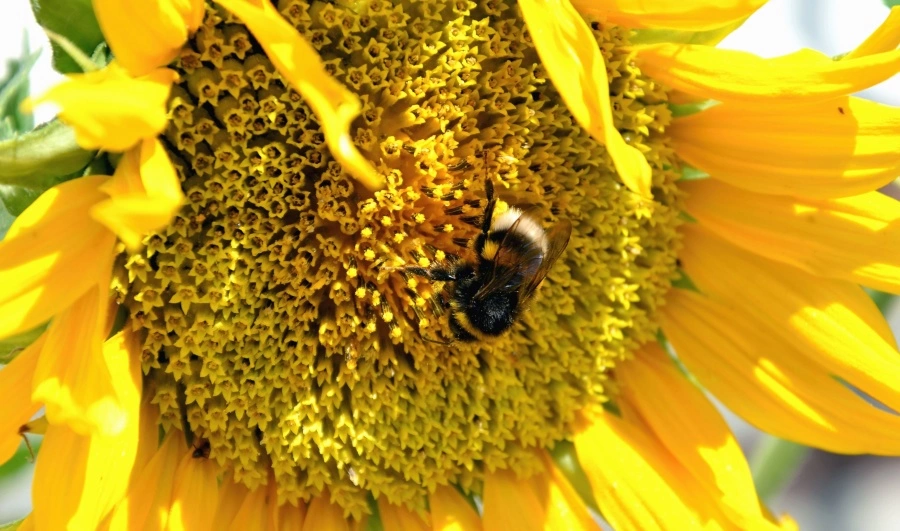Pollinators play a crucial role in agriculture by facilitating the pollination of flowering plants, including many of the crops that provide us with food, fiber, and other essential products. According to United States Forest Service, here is a closer look at the role of pollinators in agriculture:
1. Vital intermediaries: Pollinators, primarily bees, but also butterflies, birds, bats, and other insects, visit flowers to collect nectar and pollen. While doing so, they transfer pollen from the male parts (anthers) of one flower to the female parts (stigma) of another flower of the same species. This process fertilizes the plant, allowing it to produce fruit and seeds.
2. Fruit production: Many fruits and vegetables, such as apples, strawberries, almonds, and cucumbers, depend on pollinators for efficient and abundant fruit production. Without proper pollination, yields may be reduced, and fruit quality can suffer.
3. Crop diversity: Pollinators contribute to crop diversity by enabling the production of various types and varieties of fruits, vegetables, and nuts. This diversity is essential for a balanced and nutritious diet.
4. Nutrition and food security: Pollinator-dependent crops are rich in essential nutrients, vitamins, and antioxidants. Their role in agriculture is crucial for global food security and human nutrition.
5. Increased crop yields: Proper pollination increases crop yields and improves the quality of fruits and vegetables, resulting in higher profits for farmers.
6. Sustainable agriculture: Pollinators support sustainable agriculture by enhancing the reproduction of plants naturally, reducing the need for chemical fertilizers, and contributing to the overall health of ecosystems.
7. Habitat and biodiversity: Supporting pollinators in agricultural landscapes encourages biodiversity. Many pollinators depend on diverse habitats, which can also benefit other wildlife species.
8. Economic value: The economic value of pollinators is substantial. They contribute billions of dollars annually to agricultural production and the global economy.
9. Cultural and traditional practices: Pollinators are often deeply embedded in cultural and traditional agricultural practices, and their loss can impact the cultural heritage of communities.
10. Resilience: Diverse pollinator species can provide resilience in the face of environmental changes and threats, including pests and diseases. However, pollinators face numerous challenges, including habitat loss, pesticide exposure, climate change, and disease. To support pollinators in agriculture, conservation efforts include planting pollinator-friendly plants, reducing pesticide use, and creating habitats that provide food and shelter for pollinators. Protecting pollinators is not only essential for agricultural productivity, but also for preserving biodiversity, ensuring food security, and maintaining the health of ecosystems.

